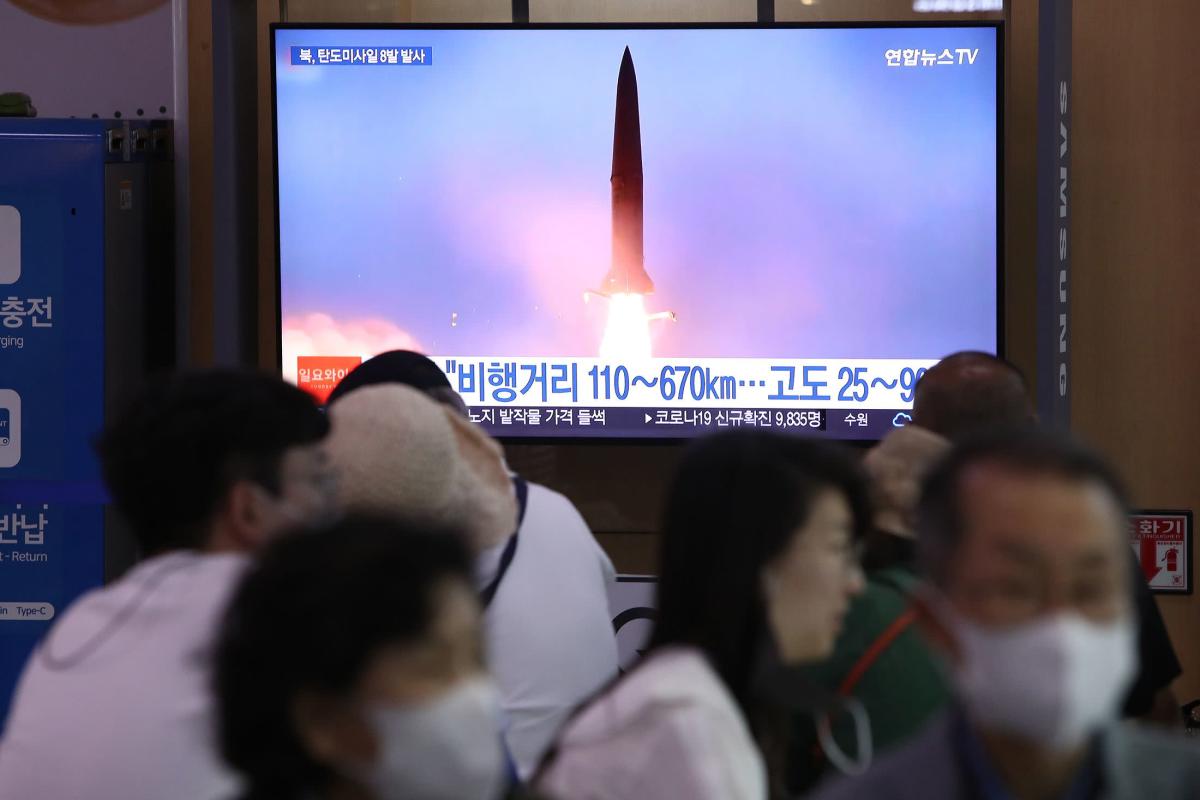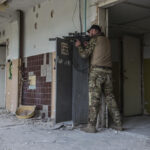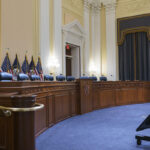
(Bloomberg) — North Korea may have spent as much as $650 million on the missiles tested in a record barrage of launches this year, which comes as it battles Covid and food shortages made worse by leader Kim Jong Un’s decision to shut borders due to the pandemic.
Most Read from Bloomberg
Kim’s regime spent an estimated $400 million to $650 million to build and test the 33 missiles it fired this year, data compiled by the Korea Institute for Defense Analyses, a government-affiliated military research center show. It costs North Korea as much as about $30 million for each intercontinental ballistic missile tested so far this year, according to the analysis, which was requested by conservative lawmaker Shin Won-sik, a former general, and seen by Bloomberg News.
Short-range ballistic missiles tested by North Korea came in at as much as $5 million each, about half the estimated costs for what Russia spends on its comparable missiles.
Shin described the missile expenditures as an example of what he views as misguided priorities under Kim, whose country ranks among the poorest on the planet. “At the end of the day, it is a tragedy for the North Korean people,” he said.
North Korea fired eight short-range ballistic missiles Sunday, a record daily barrage that pushed it to a record number of launches in a single year under Kim, who appears ready to further ratchet up tensions with his first test of a nuclear device since 2017.
US Warns North Korea of Forceful Response to a Nuclear Test
North Korea’s propaganda machine has for decades has justified heavy military expenditures as essential for preventing a US invasion and preserving the unique culture of its people. The state for just as long has imprisoned those who question the decisions of its leaders.
The US warned North Korea of strong punishment if it conducts a nuclear test, which Washington said could possibly come in the next few days. US officials also reiterated Washington’s long-held position of not harboring hostile intentions toward Pyongyang.
Kim presided over the start of a top-level media of the state’s ruling party, official media reported Thursday, without providing further details.
North Korea’s sanctions-hit economy is now smaller than when Kim took power a decade ago, according to estimates from the South’s Bank of Korea. The United Nations World Food Program, which has had operations in North Korea for years, has said about 40% of the population is undernourished, while “food insecurity and malnutrition are widespread.”
But since the pandemic started more than two years ago, Kim’s regime has forced out international aid workers and shunned offers of vaccines. His state and Eritrea are the only two in the world that have not launched an inoculation program against Covid-19, according to a recent UN report.
Most Read from Bloomberg Businessweek
©2022 Bloomberg L.P.




